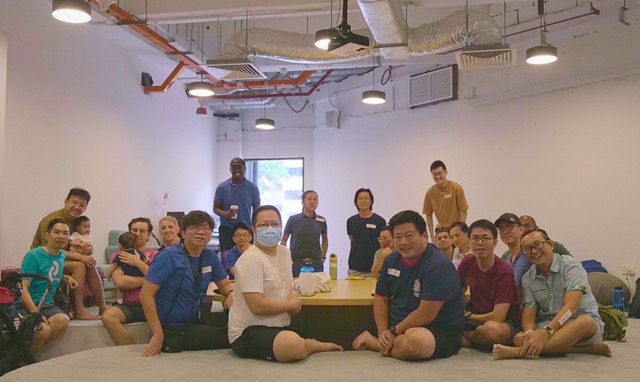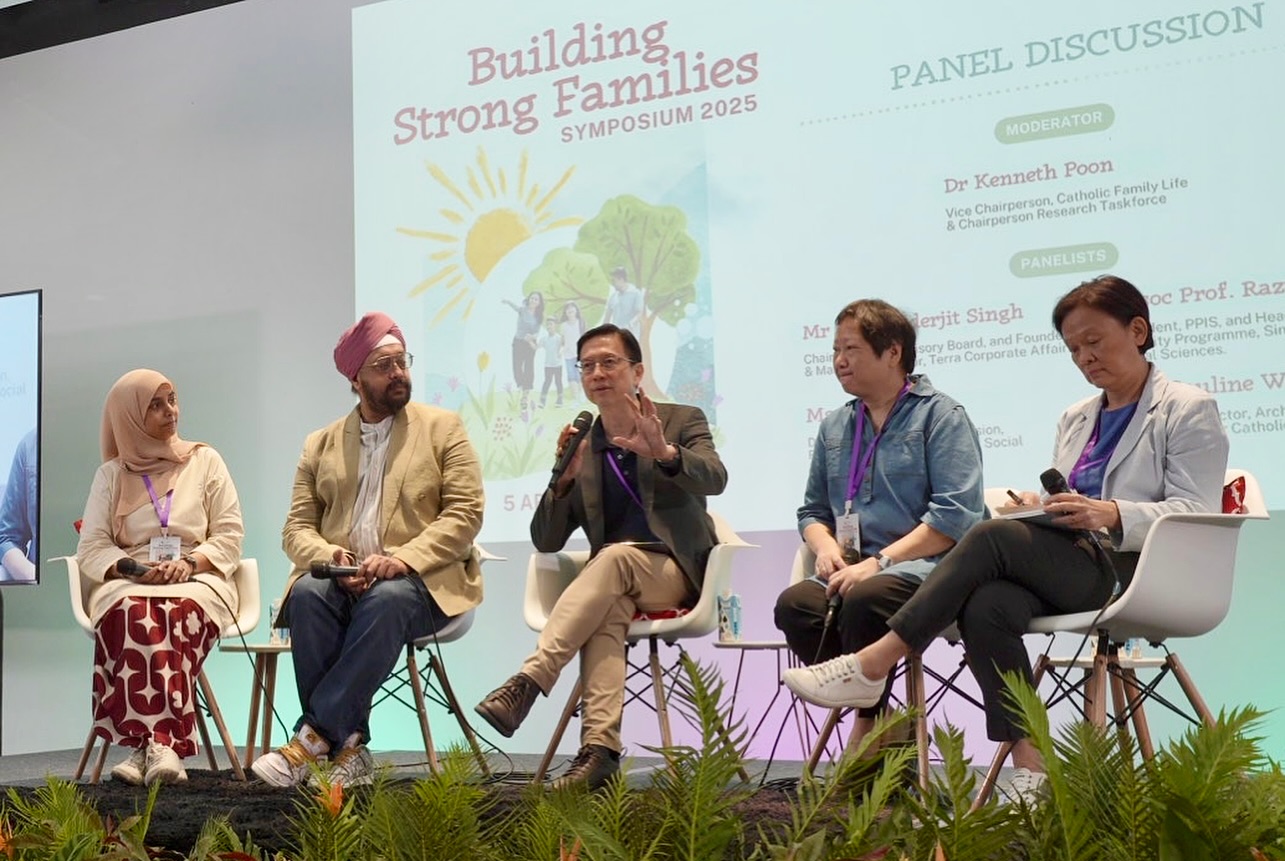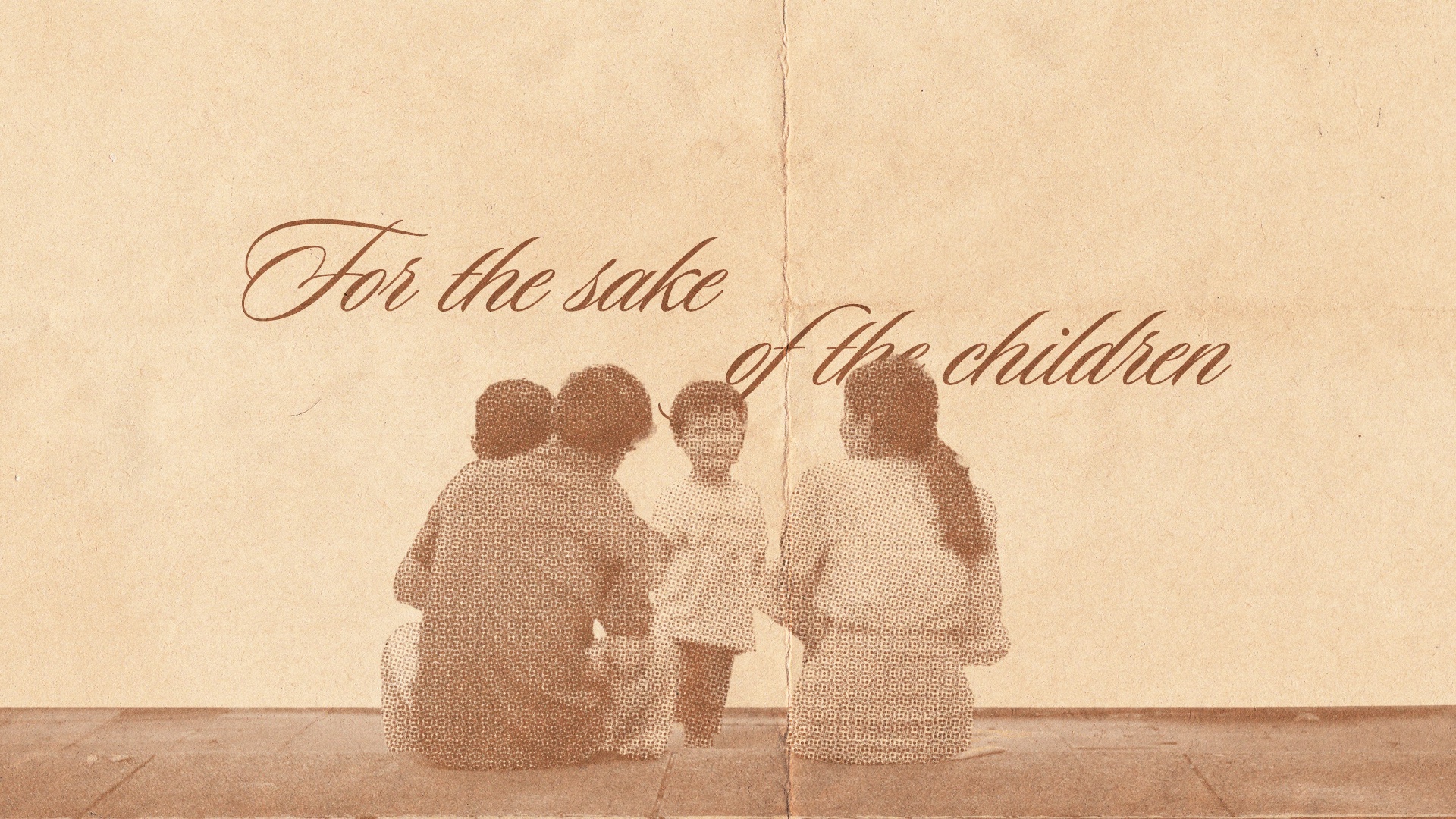The Universal Declaration of Human Rights (UDHR) declares in Article 16(3) that “The family is the natural and fundamental group unit of society and is entitled to protection by society and the State.”
In Part 1, we explored the origin of this phrase in the UDHR, and the insightful debates surrounding how this phrase came about. Even though the UDHR is non-binding in international law, it continues to speak with profound moral force even today.
In this article, we look at how the Singapore Government has likewise affirmed and emphasised the foundational importance of the family unit, and has taken various measures to uphold and protect it.
Family Values in Singapore
In 1991, the Singapore Government published a White Paper on Shared Values. In this document, the Government sought to articulate the values common to Singaporeans, as part of a “national ideology”.
The Shared Values White Paper noted that the “sanctity of the family unit is not a value unique to Singapore”, and that “all major faiths consider this a cardinal virtue”. It referred to the “family” as “the fundamental building block out of which larger social structures can be stably constructed”.
The Paper added:
It is the group within which human beings most naturally express their love for parents, spouse and children, and find happiness and fulfilment. It is the best way human societies have found to provide children a secure and nurturing environment in which to grow up, to pass on the society’s store of wisdom and experience from generation to generation, and to look after the needs of the elderly.
At the same time, the Paper cautioned against “heavier reliance on the state to take care of the aged”, and “more permissive social mores”, such as “increasing acceptance of ‘alternative lifestyles’, casual sexual relationships and single parenthood”. As these “weaken the family unit”, Singapore “should not follow these untested fashions uncritically”.
Debates over the Meaning of “Family”
During the 2022 National Day Rally, Prime Minister Lee Hsien Loong re-emphasised these values, stating that: “We believe that marriage should be between a man and a woman, children should be born and raised within such families, [and] the traditional family should form the basic building block of our society.”
This was even as he announced the Government’s plans to repeal Section 377A of the Penal Code, which criminalised sexual acts between male persons.
No doubt, debates over the meaning and definition of “family” continue today as before. Likewise, there are ongoing discussions about how best to provide for the needs of people who do not fit within the mould of the traditional family unit, such as single parents and their children.
At the same time, while the UDHR emphasises that the “family” is entitled to “protection”, it does not prescribe – whether legally or otherwise – how States ought to do so. In principle, this would be a question left to each country to decide according to its local circumstances.
The Singapore Government’s approach is based on a distinction between “support” and “incentive”, as explained by Minister for Social and Family Development Masagos Zulkifli in November last year.
Thus, while there are benefits provided to incentivise childbearing, the Government does not provide the Baby Bonus Cash Grant to single unwed parents because “this is an incentive for married couples to have children”.
At the same time, the Government extends benefits to single unwed parents that support the growth and development of their children, on equal basis with children of married parents.
Need for Continuous Conversation on Family
On this 75th anniversary of the UDHR, it is worth remembering that human rights belong not only to individuals, but also to the family as the “natural and fundamental group unit of society”. Embedded in the Declaration is the additional notion that the family has the right to “protection” by society and the State.
The call to protect the rights of the family unit requires action not only on the part of the Government; it requires a whole-of-society effort to do so.
This speaks with continued relevance today, as family remains the most important aspect of life for many Singaporeans. According to the “Our Singaporean Values” survey published by the Institute of Policy Studies in 2021, an overwhelming number of Singaporean respondents (92.1 percent) said that “family” was “very important” in their lives.
At the same time, there are multiple challenges to the family including low marriage and high divorce rates, later marriages, and low birth rates. This is on top of other factors like the rising cost of living, need for work-life harmony and mental and emotional stressors to parents and children.
There is a need for a continued conversation concerning how best to build and protect a strong family culture, while supporting everyone, especially children affected by family breakdown, so that they can best succeed in life.


